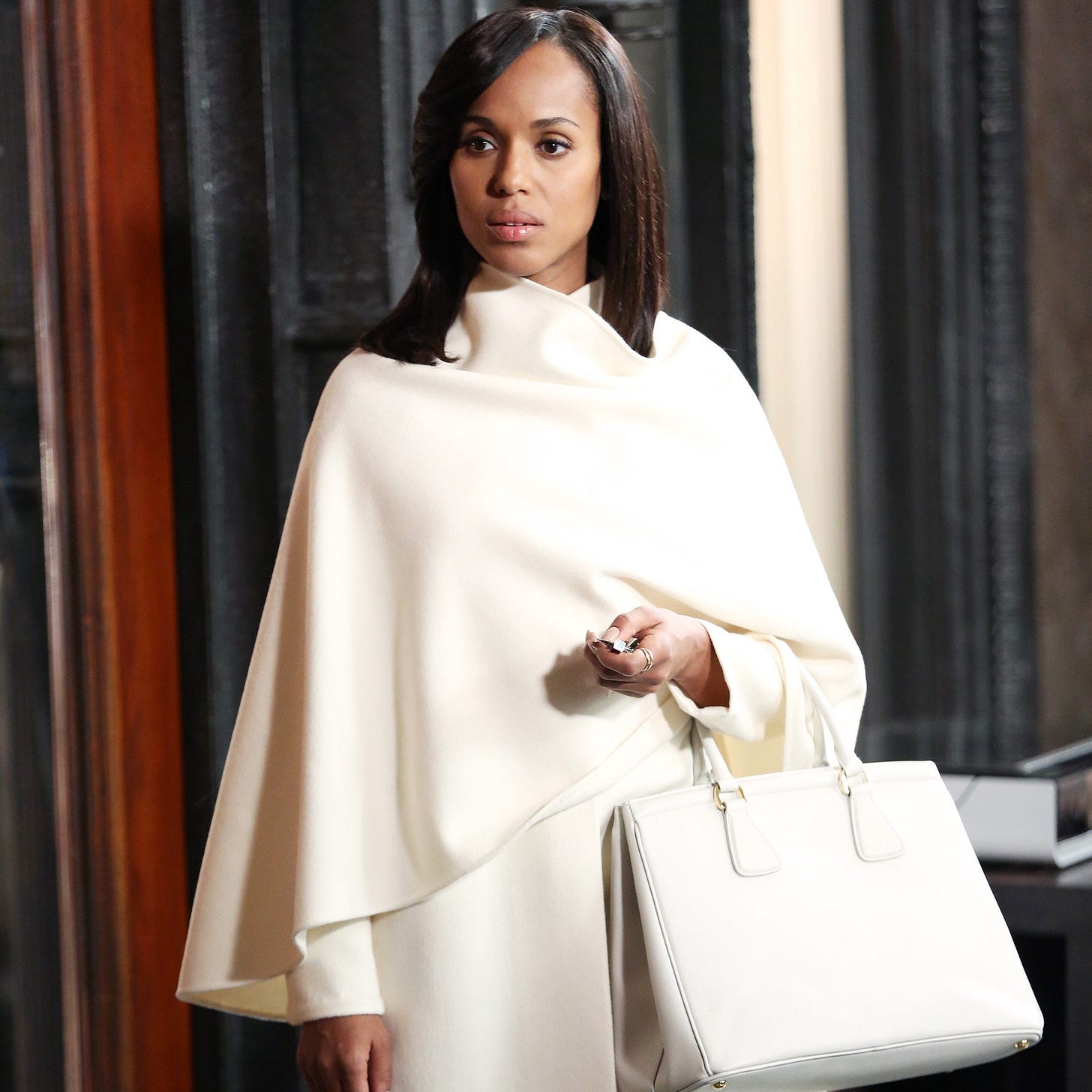Growing up in the ‘90s as a son of Pakistani immigrants, the most mainstream and well-known representation of my people was Apu, an Indian cartoon voiced by a white actor. Many of us hoped we’d be able to see someone like us emerge as a hero of the American story. Few of us dared to ask outloud, “Well, what if I became President one day. Who knows?” Often those innocent and aspirational questions were met with laughter, mockery and invalidation.
After all, this is the United States of America where every single President before Barack Obama was a white man. The dream might as well have been a delusion. But this where the power of storytelling and pop culture, specifically the medium of TV, can help bridge the divide between imagination and reality. It plays with “What If?” and gives us space to imagine and see a fictional universe in which America had no problem electing Morgan Freeman and Dennis Haysbert, Black men, as Presidents of the United States. (Morgan Freeman later became God. Dennis Haysbert’s soothing voice helps Nationwide sell insurance. Both leveled up.)
Pultizer-nominated cultural critic and writer Soraya Nadia McDonald joined me to unpack her excellent Rolling Stone essay on how TV and specifically the show Scandal were able to prime the American consciousness to accept and celebrate brilliant, flawed, and powerful Black women.
Along the way, we also make several exquisite pop cultural references and talk about the power of memory, dreams, and aunthenticity in shaping our sense of self and reality.
















Share this post